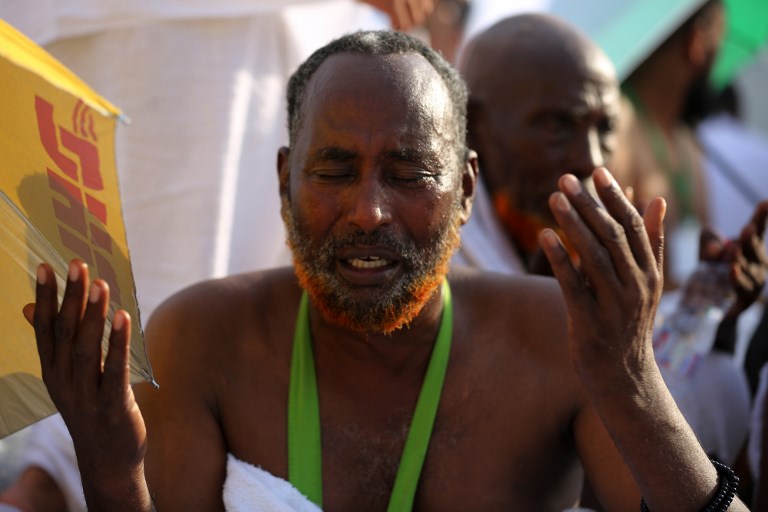
Top UN officials have condemned the rising tide of anti-Muslim hate as the General Assembly adopted a resolution to push back against the scourge.
The officials adopted the resolution on Friday in New York to commemorate the International Day to Combat Islamophobia, which is globally marked annually on March 15.
The new resolution, tabled by Pakistan, calls for, among other things, concerted action to fight ongoing violence against Muslims and requests the UN Secretary-General to appoint a special envoy to combat Islamophobia.
The world body created the International Day through a resolution adopted following attacks on two mosques in Christchurch, New Zealand, that left 51 people dead on this day in 2019.
Prior to adopting the new resolution, by a vote of 113 in favour to none against, with 44 abstentions, a divided Assembly rejected by a close margin two amendments proposed by a group of European nations.
The proposals would have replaced key language in the resolution, including calling for a focal point instead of a UN special envoy and removing references to the desecration of the Quran.
In his message, Secretary-General Antonio Guterres said, “divisive rhetoric and misrepresentation are stigmatising communities,” and everyone must unite to combat intolerance, stereotypes, and bias.
“Online hate speech is fuelling real-life violence,” emphasising that digital platforms must moderate hateful content and protect users from harassment.
“Institutional discrimination and other barriers are violating the human rights and dignity of Muslims, and much of this disturbing trend is part of a wider pattern of attacks against religious groups and vulnerable populations, also including Jewish people, minority Christian communities and others,” he added.
“We must confront and root out bigotry in all its forms,” he said.
“Leaders must condemn inflammatory discourse and safeguard religious freedom.
“Together, let us commit to promoting mutual respect and understanding, foster social cohesion and build peaceful, just and inclusive societies for all,” Guterres added.
In Geneva, Volker Türk, UN High Commissioner for Human Rights, said all forms of religious hatred and intolerance are unacceptable.
“Today’s message is perhaps more urgent than ever: We are all well past the hour to restore peace, tolerance, and respect.
“We know that fear breeds hate, ignorance, and distrust of the other.
“Islamophobia has stolen lives, dehumanising entire communities and sparking “torrents of hate speech, magnified by social media,” he said, citing multiple reports on “huge spikes” in Islamophobic incidents amid the current conflict in the Middle East, with nearly 600 per cent increase in some countries in North America and Europe.
“States must record such incidents and urgently step up their efforts to combat intolerance against people based on religion or belief using the many available tools at their disposal, including the OHCHR guide to developing anti-discrimination legislation,” he added.
Also in Geneva, Ms Nassima Baghli, Permanent Observer of the OIC, hosted a commemorative event on Friday, saying that “Islamophobia is on the rise following the Israeli aggression on Gaza”.
Citing recent anti-Muslim incidents, she pointed to cases of the desecration of the Quran, several months ago.
“Discrimination and stereotypes based on religion or belief are doing a lot of harm as they dehumanise people and prevent them from enjoying their rights.
“We need to combat these scourges with great resolve with all the tools at our disposal,” she said.
“Our common goal is to promote mutual understanding and respect for all,” Baghli added.
NAN




